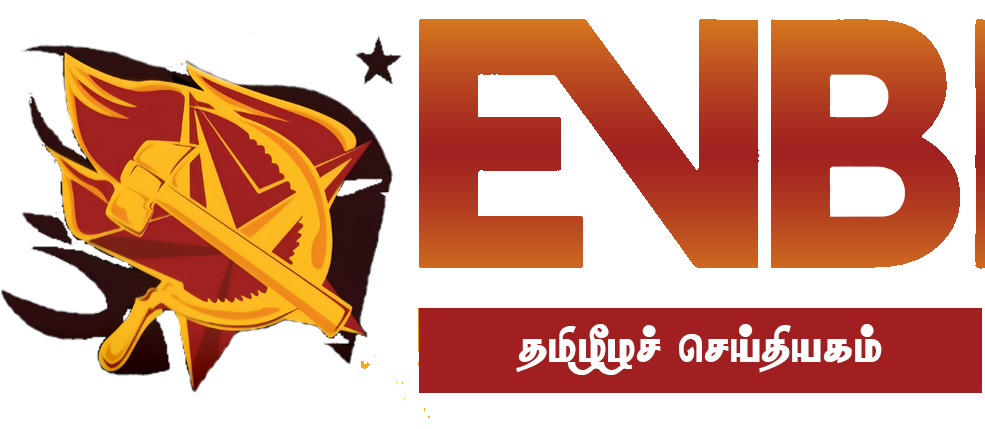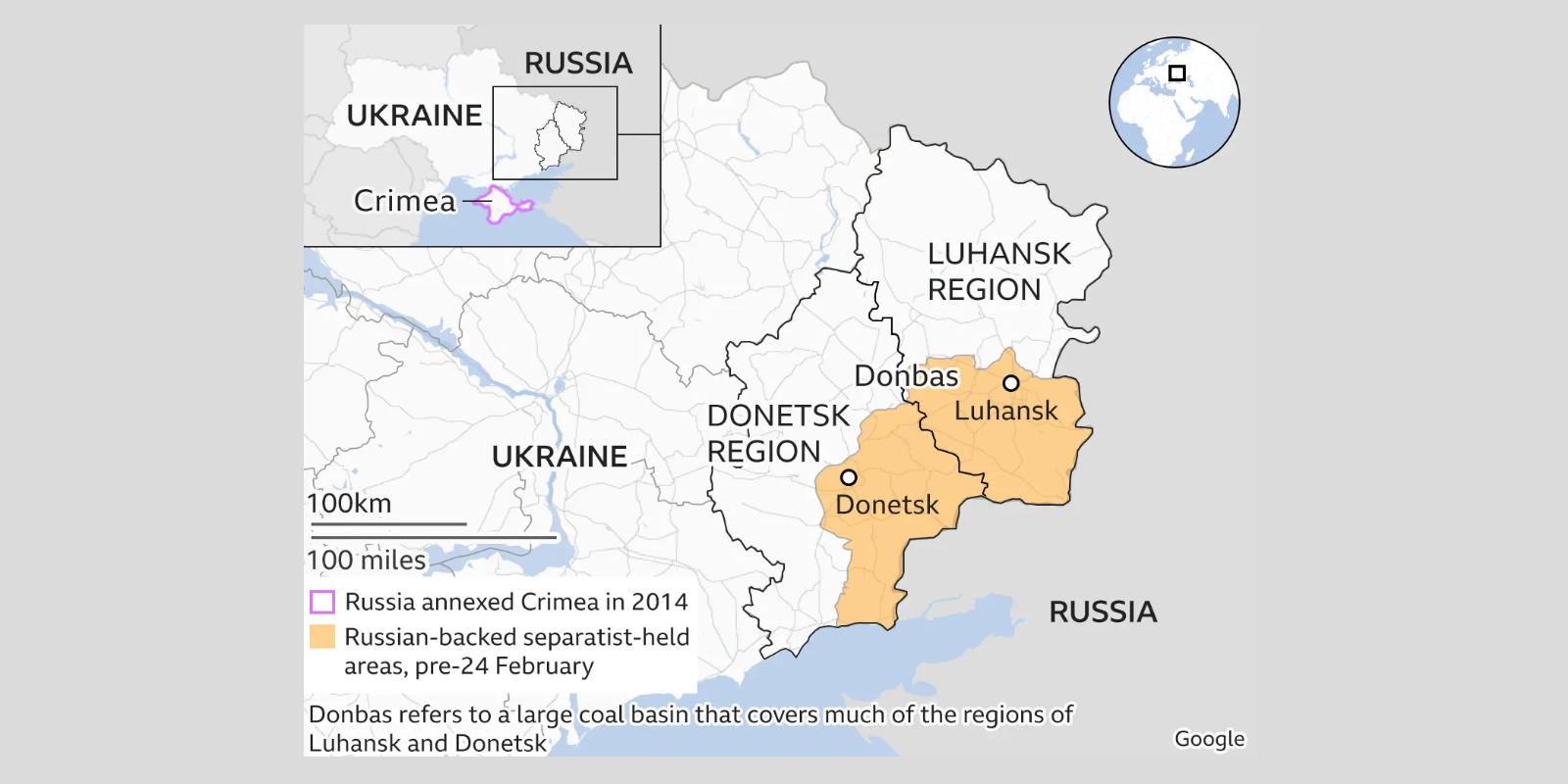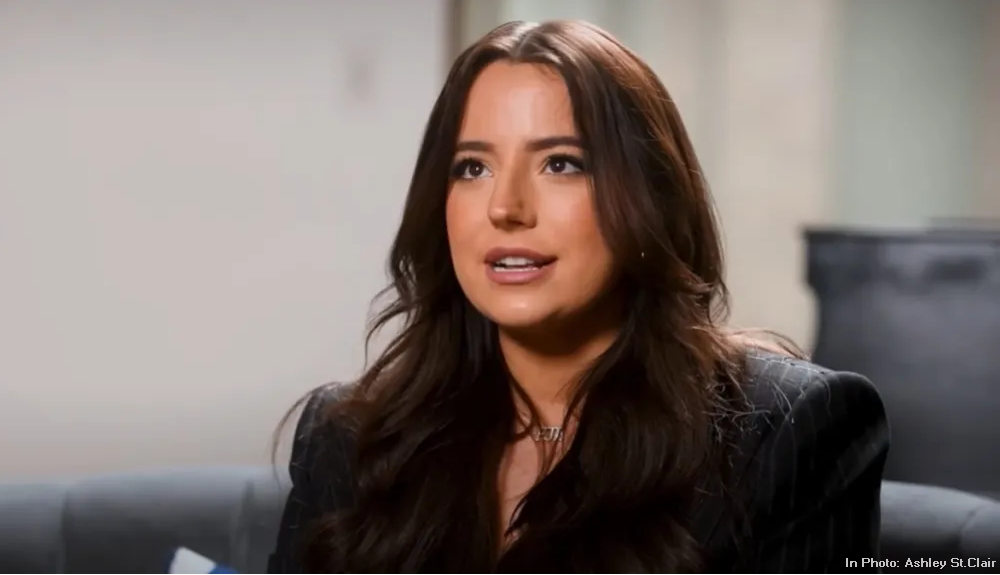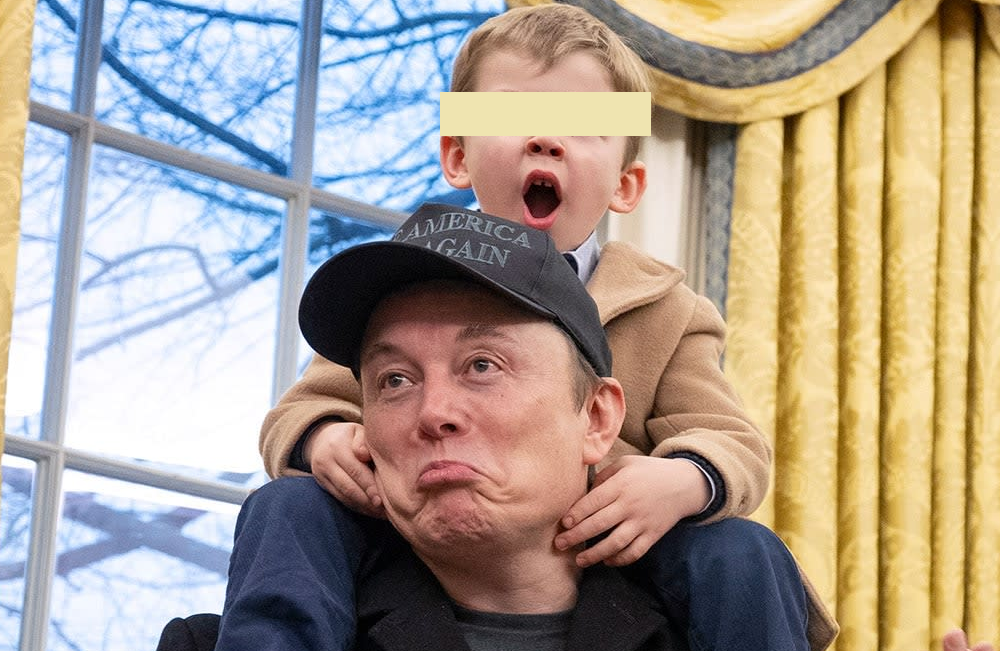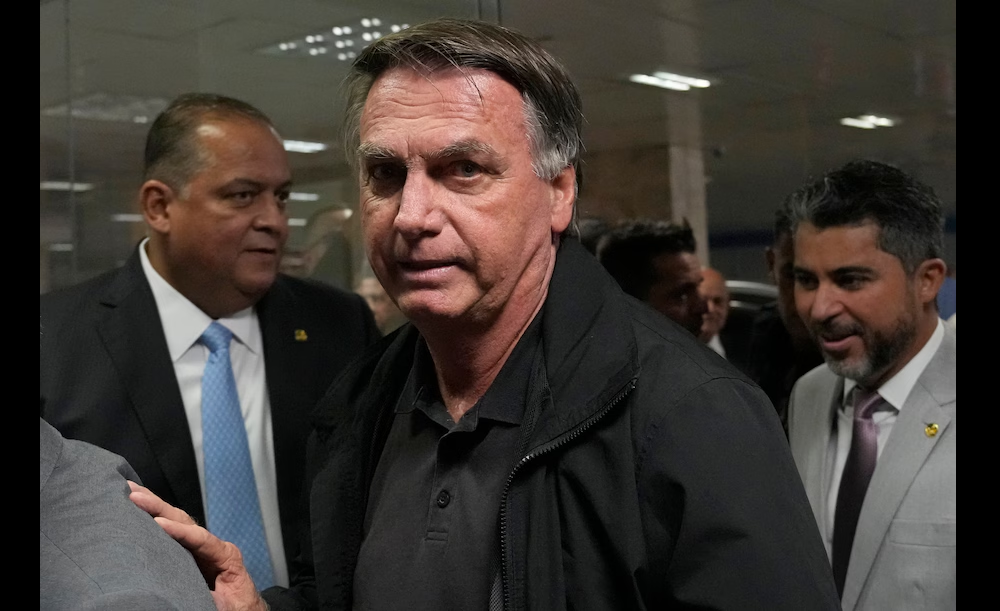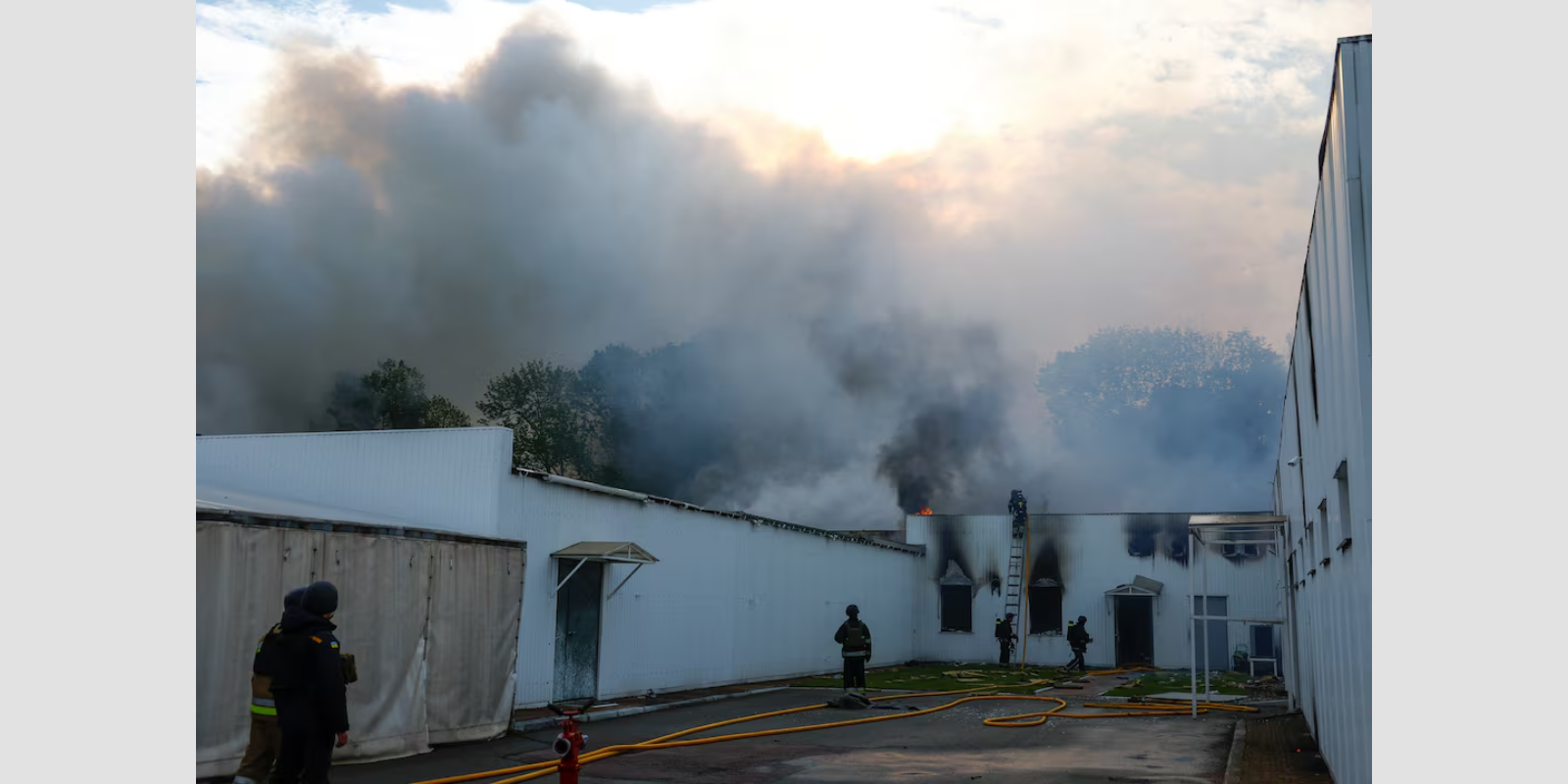Ukraine, Russia speak directly for the first time in years
After dangling the possibility of his attendance, Trump says he will stay away but still wants to meet up with Putin, further weakening the Istanbul talks.
May 16, 2025 WP By Mary Ilyushina, Serhiy Morgunov, Siobhán O'Grady and Ellen Francis
ISTANBUL — After days of chaotic planning and repeated delays, Russian and Ukrainian delegations finally met Friday in Istanbul for the first direct talks in three years.
The Trump administration backed Russian President Vladimir Putin’s call for direct negotiations with Ukraine, which he made last week to deflect from increasingly loud U.S. and European demands for an unconditional 30-day ceasefire. But after Russia sent a low-level delegation, doubt has been widely cast on any breakthrough emerging from the talks.
The Ukrainian delegation, led by Defense Minister Rustem Umerov and top presidential adviser Andriy Yermak, met with Turkish and U.S. counterparts Friday morning. Direct talks with the comparatively lower-level Russian delegation consisting mainly of deputy ministers and experts took place later in the day at Dolmabahçe Palace.
Secretary of State Marco Rubio flew in for the talks from a meeting of NATO ministers in the Turkish resort town of Antalya but said ahead of the visit that he was not anticipating a “major breakthrough” given the relatively low rank of officials sent by Russia. Special envoy to Ukraine Keith Kellogg also joined the U.S. delegation while Steve Witkoff, who has been ferrying messages from Washington to Putin in Moscow, is expected to arrive later on Friday.
President Donald Trump also undercut the expectations for the talks he himself backed in remarks made aboard Air Force One on Thursday as he flew to the United Arab Emirates: “Look, nothing is going to happen until Putin and I get together.”
President Donald Trump signs the guest book after touring the Abrahamic Family House on Friday in Abu Dhabi, United Arab Emirates. (Alex Brandon/AP)
On Friday, he said he would be heading home as his three-day visit to the Middle East wraps up. Speaking in Abu Dhabi, Trump lamented that Putin did not end up going to Turkey for negotiations with Ukraine, but said that he wanted to meet the Russian leader “as soon as we can set it up.” He made no mention of his demand for a ceasefire he made jointly with Europe last weekend.
The talks are taking place as European leaders gathered for a summit in Albania, where Ukraine’s closest allies are still pushing for pressure and sanctions to Putin to enact the ceasefire — originally a U.S. proposal.
“A full, unconditional ceasefire must be agreed and if Russia is unwilling to come to the negotiating table, Putin must pay the price,” British Prime Minister Keir Starmer said from the European Political Community meeting in Tirana.
The European Union and Britain have in recent days agreed new rounds of sanctions mainly targeting Russia’s so-called shadow fleet of tankers used to skirt an embargo on Russian oil products.
Trump for days has dangled the possibility that he would join the talks in Turkey, something he said he was doing to entice Putin.
A bilateral meeting with Trump would vindicate Putin’s approach to negotiations, in which he employed multiple stalling tactics and so far made no meaningful concessions, digging in his hard-line position that seeks to acquire Ukrainian land and neutralize the country militarily.
Putin had originally set the date for the Russian and Ukrainian delegations to meet on Thursday in Istanbul but the actual timing, makeup of the delegations and even the agenda remained unclear for days. Ukrainian President Volodymyr Zelensky raised the stakes by challenging Putin to meet in Turkey in person.
Russian officials and commentators were aggravated by Zelensky’s offer and slammed him as “a careless manipulator.” The diplomatic tone soured further in the lead-up to the talks as Zelensky criticized Russia’s delegation as unserious, describing it as a “sham level,” while Russian Foreign Ministry spokeswoman Maria Zakharova called the Ukrainian leader “a clown.”
The Russian president never stated he would attend but the Kremlin remained silent on the composition of its delegation until late Wednesday, when it revealed it would be sending a team Vladimir Medinsky, a conservative former culture minister who led the failed 2022 talks with Ukraine.
Medinsky is known for his essays in which he repeatedly denied the legitimacy of Ukrainian nationhood and often painted the war in Ukraine as Russia correcting historical wrongs, a stance that closely aligns with Putin’s public justifications for the war.
“Putin made a mistake by sending a low-level delegation with this historian leading the delegation who was also there in the talks in 2022,” NATO Secretary General Mark Rutte said. “He has to play ball.”
The identity of Ukraine’s delegation, led by Umerov, is also symbolic. Born in Uzbekistan, Umerov’s family is ethnically Crimean Tatar. His ancestors were forced off the peninsula during a purge by Soviet leader Joseph Stalin in the 1940s.
Crimea, which was legally recognized as Ukraine in 1991, was later illegally annexed by Russia in 2014. Umerov, a practicing Muslim and key representative of the Crimean Tatar minority, has been a major player in Ukraine’s efforts to retake the peninsula from Russian control and drawing attention to alleged Russian mistreatment of native Crimeans.
He has called Ukraine’s retaking of Crimea his “personal struggle.”
“Crimea is my home, and every day I, like millions of Ukrainians, feel the pain of the Russian occupation for my state and for our people on the peninsula,” he said last year.
Umerov’s sheer existence — let alone his role as head of the Ukrainian delegation — directly contradicts the Kremlin’s insistence that Crimea is Russia and renders in stunning clarity how the standoff between the two sides is based on Russia’s fundamental views that Ukraine is not an independent nation with its own diverse cultural heritage and identity.
The Kremlin does not acknowledge Crimea as a disputed territory up for debate, focusing instead on four other regions of Ukraine it has fully or partially occupied since its full-scale invasion in 2022. It was not immediately clear which language participants would speak during Friday’s meetings.
Umerov speaks at least four languages fluently, including Turkish. While Ukrainian officials spoke in Russian during the last round of direct meetings with Russian officials in Turkey in 2022, a massive linguistic shift has since occurred in Ukraine with many native Russian speakers opting to speak instead in Ukrainian as a sign of solidarity with the language that the Russian empire tried to erase.
Ukrainian officials now rarely if ever speak Russian in public.
The Ukrainian delegation started the day in a lobby of one of Istanbul’s hotels, engaged in unhurried conversation. Military officers, representatives of Ukraine’s General Staff, roamed around in well-worn uniforms awaiting departure to the palace.
A Washington Post reporter in Istanbul approached members of the delegation to ask what language would be spoken on Friday, one delegate responded by speaking in Crimean Tatar.
Francis reported from Antalya, Turkey, O’Grady from Kyiv.

